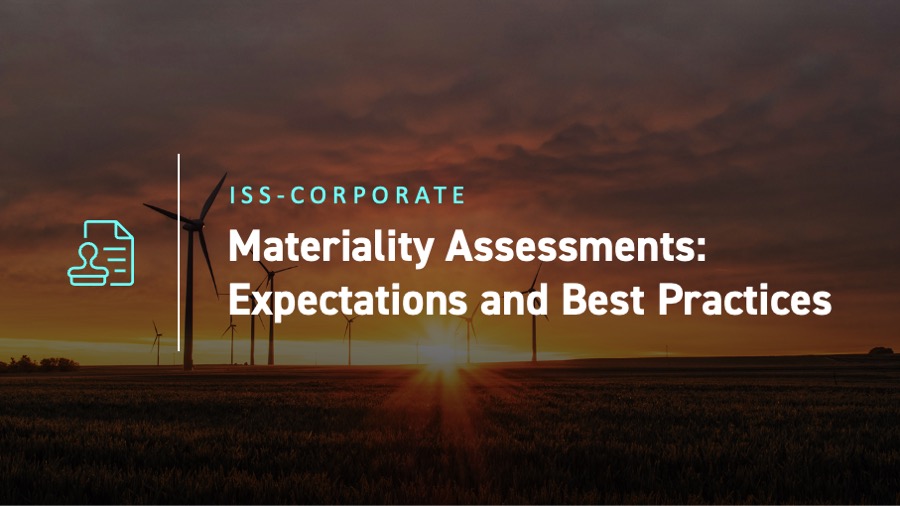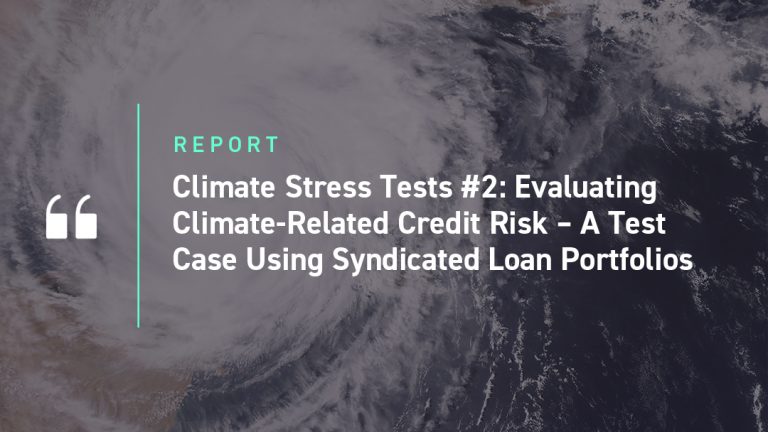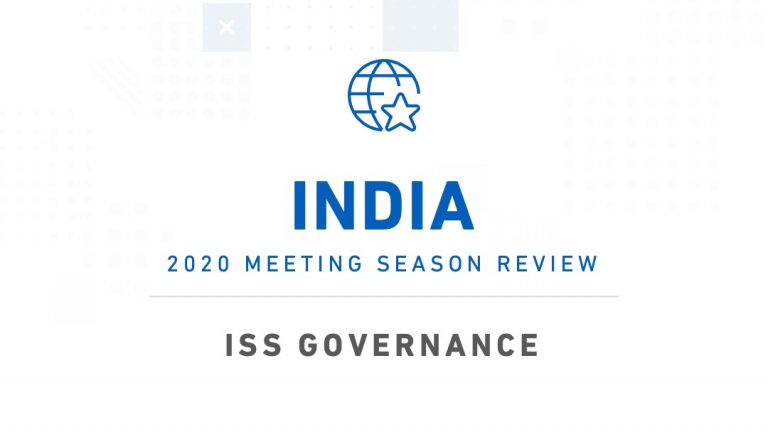Below is an excerpt from ISS-Corporate’s recently released article “Materiality Assessments: Expectations and Best Practices”. The full article is available on the ISS-Corporate online library.
Materiality Assessments Evolve as Key Tool for Corporate Sustainability Management
Over the past decade, the business world has made significant strides in establishing standardized and methodical approaches for corporates developing their sustainability strategies and relevant disclosures. Today, a materiality assessment for identifying and prioritizing key issues has become a basic expectation among stakeholders, with certain jurisdictions beginning to require companies to conduct such assessments according to prescribed standards, including assurance requirements.
Through stakeholder engagement and data analysis, materiality assessments can be instrumental tools for companies to identify, manage, and communicate their impacts, risks, and opportunities. Several standards and regulations have established guidance or set expectations for companies to conduct materiality assessments, including the IFRS S1 and S2 (and the legacy TCFD and SASB standards) and GRI. Globally, regulations also set these expectations, with the EU’s European Sustainability Reporting Standards (ESRS) emerging as the preeminent standard for double materiality assessments.
ISS-Corporate reviewed corporate disclosure data on whether companies conduct an evaluation of material sustainability topics.
By:
Jessica Lobo, Sustainability Advisor, ISS-Corporate
Kosmas Papadopoulos, Head of Sustainability Advisory, Americas, ISS-Corporate




